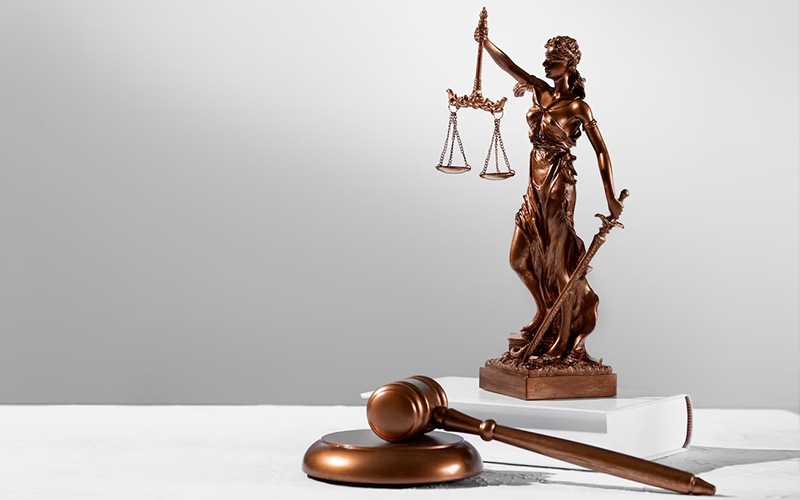Brazil Rolls Out Regulated Betting with Licences Approved
After years of preparation, Brazil introduced its controlled fixed-odds sports wagering framework on January 1. This marks a major step forward in establishing a clear set of rules for businesses and industry participants. The Ministry of Finance highlighted the stringent selection process that ensured only compliant sportsbooks were approved to provide their services.

Licensing Overview
A total of 66 sites received permits to operate under the new rules. 14 organisations were authorised to run 30 platforms for a five-year period. 52 sportsbooks received provisional approval and must resolve pending compliance issues, such as system certification, within 60 days.
Key players such as A2FBR LTDA secured licences to operate multiple platforms, while local brand KTO also obtained full approval.
Notably, the following companies have not applied for a certificate:
- PixBet;
- BetMotion;
- SportsBet.io.
SportsBet.io has already announced the closure of its operations in Brazil.
The licensing process generated BRL 2.01 billion (USD 324.7 million) in fees for the Federal Government.
Key Regulatory Standards

In line with the requirements of Law 13,756/18, which mandated oversight within 2 years of its approval in 2018, the process of formalising rules for the sector has now been completed after extensive discussions in the Federal Congress.
While critics have raised concerns, supporters argue that the Ministry of Finance’s ordinances provide a robust framework. They stress the importance of prioritising efforts to combat illicit operations to ensure safety and sustainability.
To promote transparency and protect users, the new rules encompass:
- No incentives. Offering betting credits or welcome bonuses is banned.
- User verification. Participants must provide their CPF (Brazilian Taxpayer Registry) and undergo face ID checks.
- Financial oversight. Transactions will be closely monitored to detect and address irregularities.
Sportsbooks must comply with several financial and legal rules:
- Tax rates. A 12% charge on gross revenue, with total fees reaching around 36%.
- Winnings tariff. A 15% levy applies to individual profits above BRL 2,824.
- Compliance. Brands must adhere to AML policies and implement responsible gaming.
Organisations that do not follow the rules face strict penalties, including bans on operations, promotion restrictions, and exclusion from the Brazilian system.
Officials' Comments
Regis Dudena, Secretary of Prizes and Gaming, described the launch as a critical step in tackling the sector's challenges. He praised the Ministry of Finance, which acted under the command of Minister Haddad and President Lula, for its role in establishing a framework with clear rules and mechanisms to enforce conformity.
With the initiation of this system, Brazil enters 2025 with a regulation designed to bring clarity, control, and safety to the sector. By addressing risks and prioritising compliance, the state aims to build sustainable conditions for all stakeholders and boost the economy.
Check the information used to contact us carefully. It is necessary for your safety.
Fraudsters can use contacts that look like ours to scam customers. Therefore, we ask you to enter only the addresses that are indicated on our official website.
Be careful! Our team is not responsible for the activities of persons using similar contact details.



